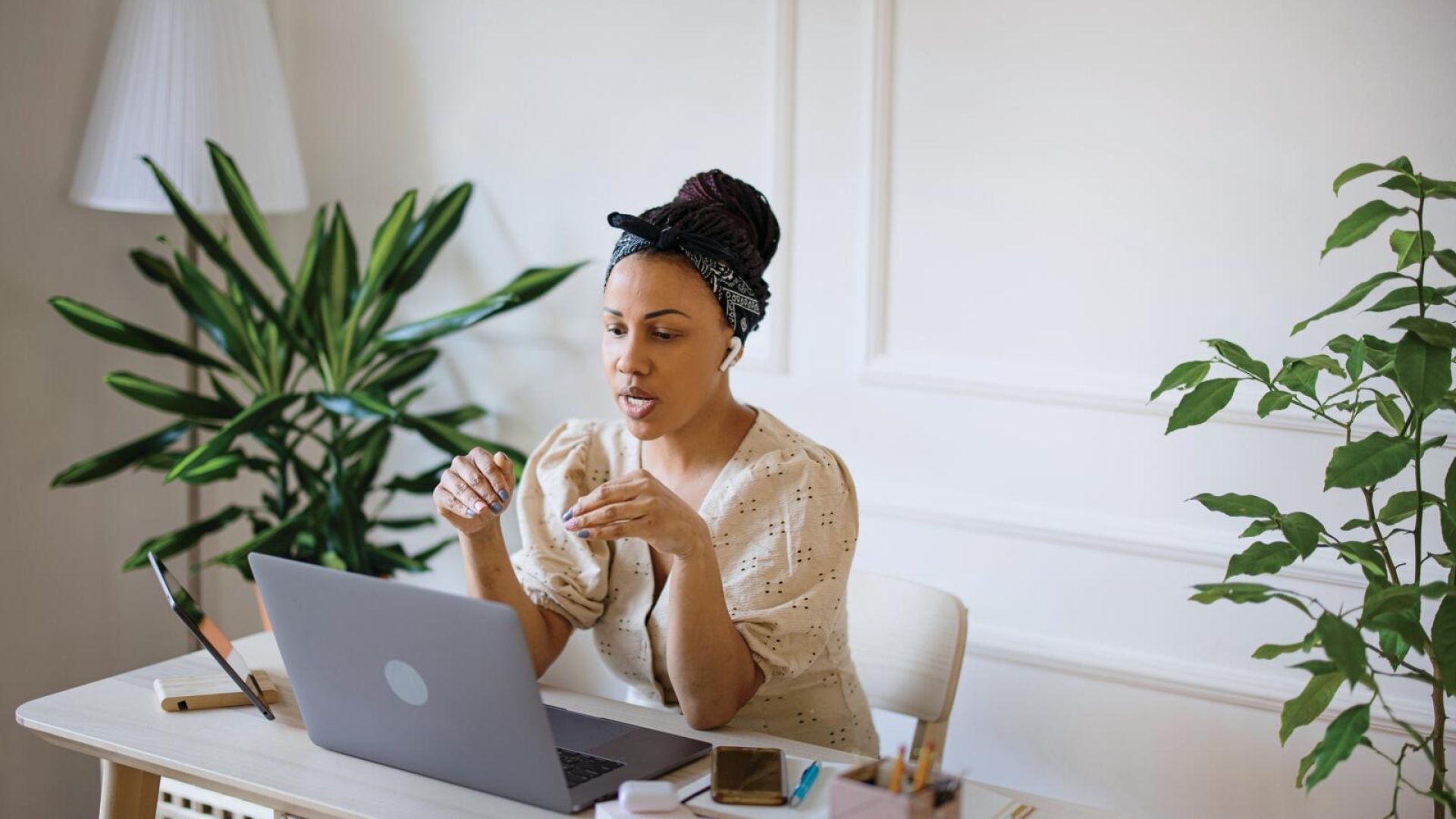
Dear Sisters,
I have written many drafts of this letter, searching for the right words to express my thoughts about the blood-secret we keep. My challenge comes as a result of my own relationship with social etiquette and propriety. I, like many of you, have been conditioned by female respectabilities—keep certain things personal and handle “business” with as much quiet success as possible. For the sake of our awareness and greater good, though, I decided to defy the rules. It’s time for African American women to have a public discourse about our bodies, our blood, and the injustices women and girls are experiencing globally.
Every day, 800 million women are menstruating worldwide, and in alarming numbers, we are struggling to manage our periods. In developing countries in India, Africa and the Middle East, women and girls are challenged by limited access to water, safe restrooms, and hygienic sanitary materials. Some resort to using newspaper, dried cow dung, feathers, and dirty cloth to absorb their blood, often resulting in reproductive infections, embarrassing leaks, and unmanageable pain (I even read a story of a 12-year-old who underwent a hysterectomy after unknowingly using cloths filled with lizard eggs). The social and economic consequences are real, as many of them are forced to miss precious days of school and work. Myths and cultural taboos about menstruation also contribute to this problem and marginalize menstruating women, even forcing some from their homes.
Poor menstrual hygiene does not only affect those in developing countries. Disadvantaged women and girls in the United States, particularly the homeless, struggle to afford sanitary supplies, and often have limited access to restrooms while living on the streets. Jennifer-Weiss-Wolf of the Brennan Center for Justice wrote, “A year’s supply of tampons and pads costs upwards of $70 and is not covered by food stamps. For homeless women, the problem of lack of access to menstrual hygiene care is often compounded by ‘minimal access to safe sanitary spaces’… there is a vital place, too, for creative and compassionate community organizing.” My recent conversation with a food bank worker affirmed for me Jennifer’s observations. An unemployed mother came to ask for help. Her 13-year old daughter had started her period that morning, but the family could not afford sanitary pads. The girl went to school using a wad of toilet paper instead.
When I think of women missing work, girls getting hysterectomies, and others going to school with wads of toilet paper between her legs, I’m overwhelmed and outraged. I would never accept this reality for myself or my daughter, therefore, I cannot accept it for anyone else. The fact that women and girls of color disproportionately experience these challenges motivates me even more.
There are ways we can address poor menstrual hygiene management. It starts with accurate reproductive health education for everyone, including boys. We cannot effectively teach our sons to respect women’s bodies if they remain ignorant about them. Disadvantaged women and girls around the world need our support through raising awareness, lobbying governments to provide greater access to sanitation, and contributing to non-governmental organizations that provide practical solutions throughout the developing world. Here in the United States, we can donate feminine products to homeless and domestic violence shelters. Many times, there are even women and girls in our personal proximities that need our help.

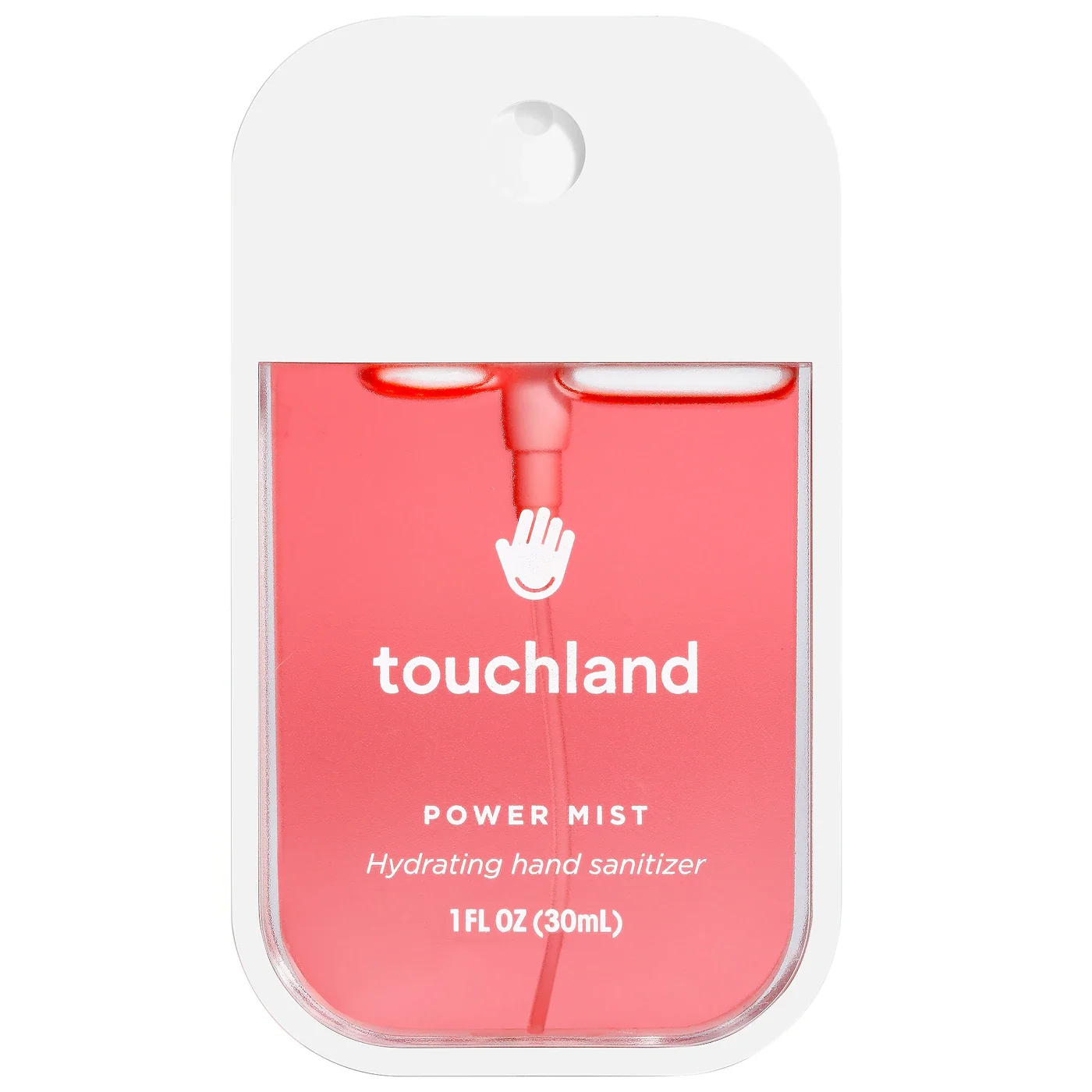
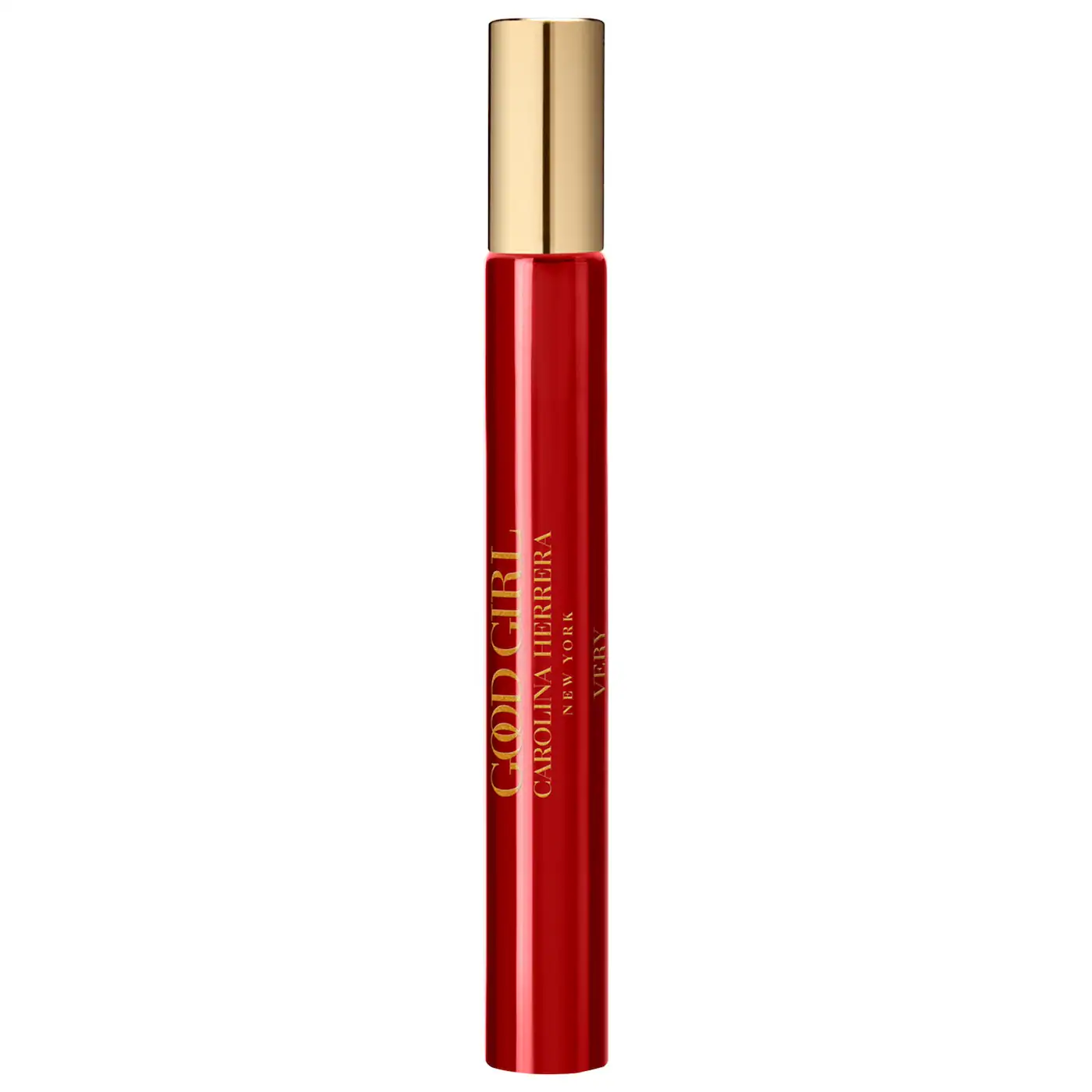
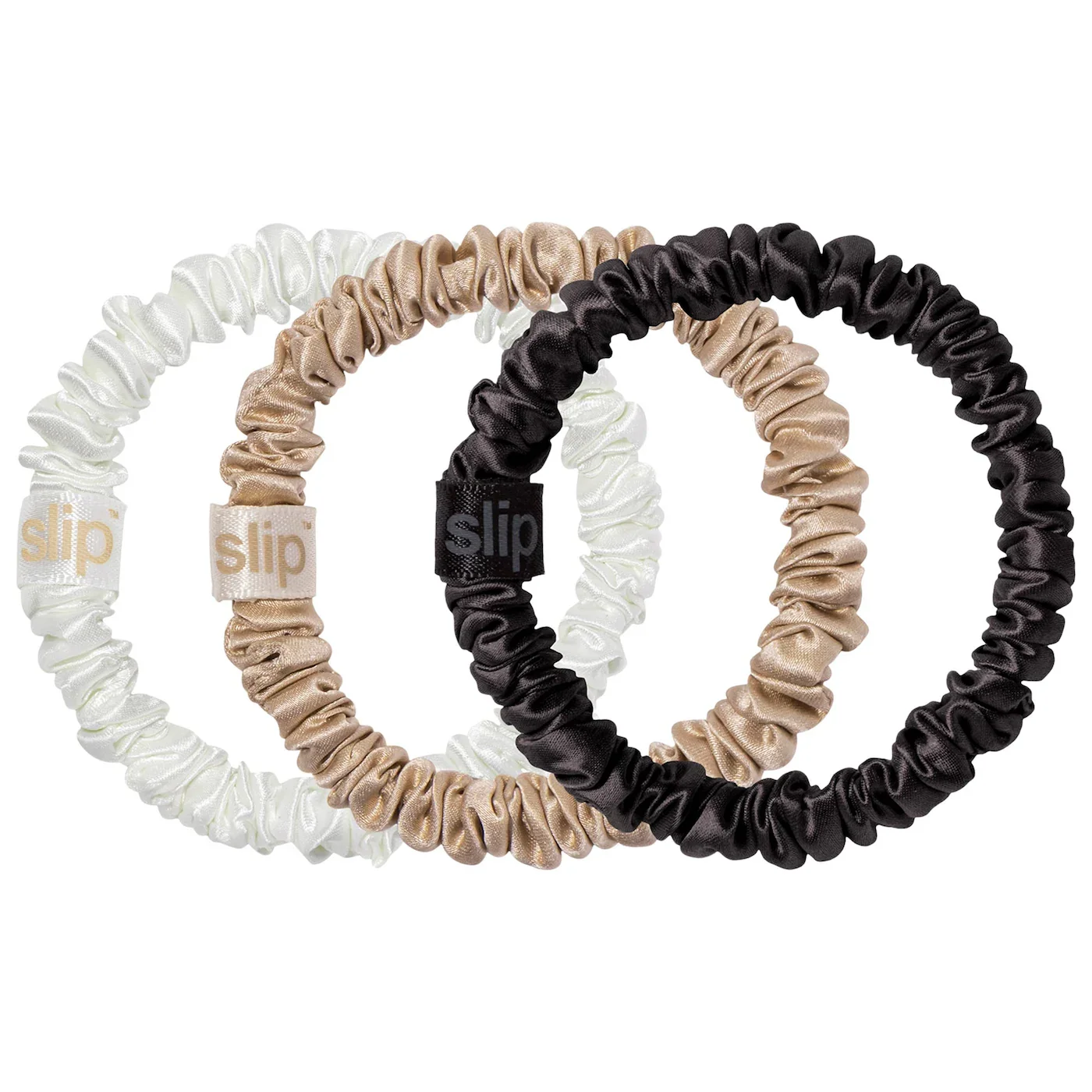
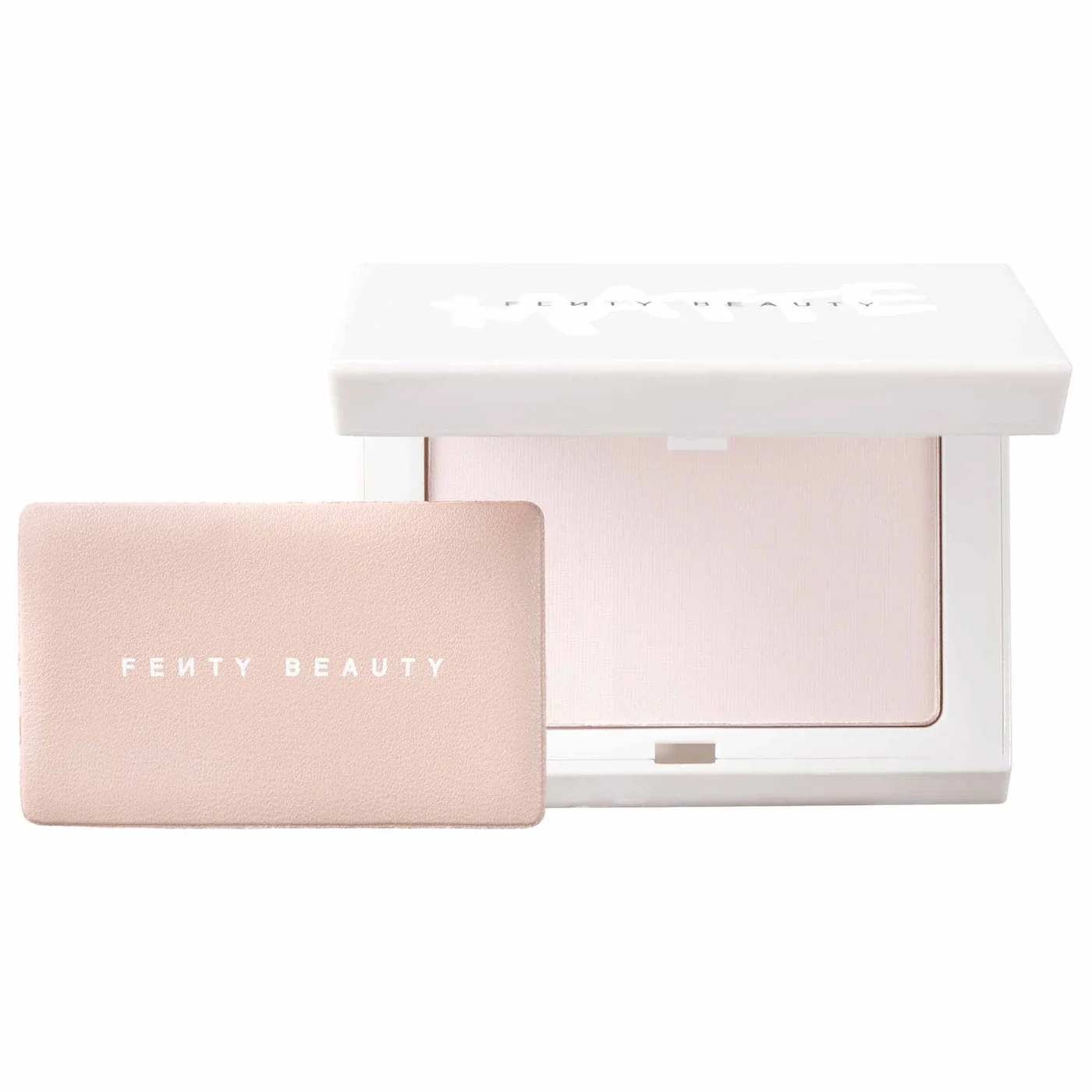


International Menstrual Hygiene Day is May 28th. This is a wonderful opportunity for us to learn more about menstrual hygiene management and mobilize toward solutions. The bottom line is that all of us deserve access to water, safe facilities and adequate sanitary wear. We all deserve to go to work or attend school—no matter what day of the month it is. It’s time to be healed of our issues with blood, defy respectability, and work together toward solutions for our global sisters. Menstruation does not minimize our virtue. Proverbs 31 says, “She is clothed with strength and dignity, and she laughs without fear of the future.” Good menstrual hygiene is every woman’s human right. Period.
Cece Jones-Davis is a minister, singer and social advocate. She is the founder of the Women & Girls Working Group, raising awareness about global menstrual hygiene management.
Follow her on twitter: @cecejonesdavis


